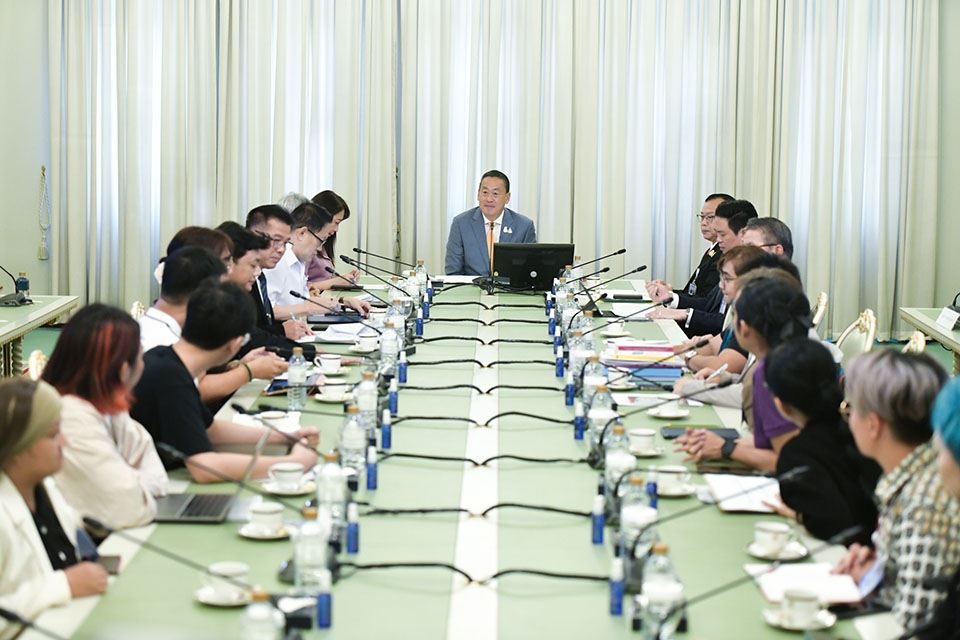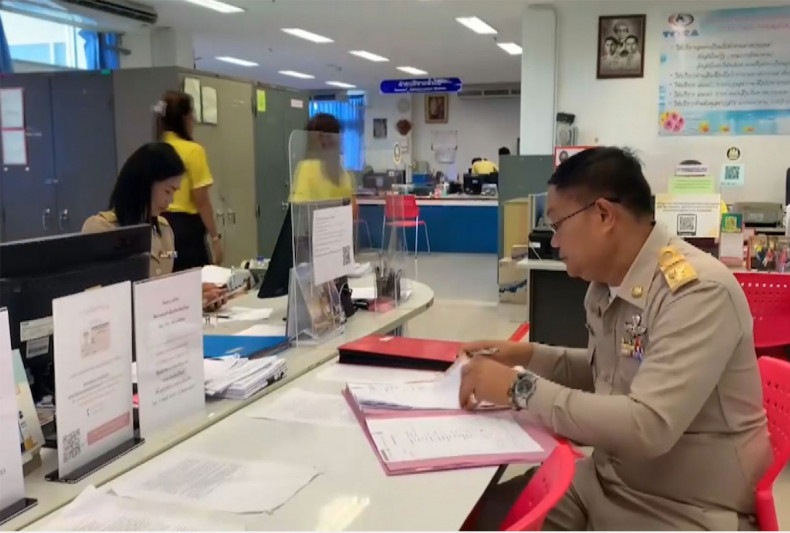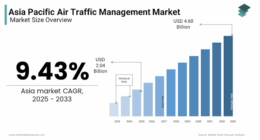Introduction to the Anti-Discrimination Bill
Overview of the Legislation
Thailand is poised to take a significant step towards combating discrimination with a new bill that aims to protect individuals from various forms of social discrimination. The government’s version of the Anti-Discrimination Bill is expected to reach the cabinet for approval by April. This legislation seeks to address identity-based discrimination, including ethnicity, race, HIV status, gender, sexuality, disabilities, employment status, legal status, socioeconomic status, political affiliation, religion, educational background, and political beliefs.
Key Provisions and Impact
Protecting Vulnerable Groups
The bill is designed to eradicate discrimination by state officials and provide support for survivors of discrimination. It has been drafted in response to civil society organizations’ calls for action since 2019. Multiple versions of the bill exist, including those from political parties and advocacy groups, but the government’s version is set to be submitted first. The other versions are awaiting the prime minister’s approval to proceed.
Progress and Challenges
Legislative Process and Advocacy
The legislative process involves several stages, including public hearings and cabinet approval. Advocates are pushing for all versions of the bill to undergo a first reading simultaneously to ensure comprehensive consideration of the issue. This move reflects the broader efforts in Thailand to enhance equality, following recent successes like the Marriage Equality Bill, which has become law, granting same-sex couples equal rights.
Future Steps
Implementation and Impact on Society
The approval of the Anti-Discrimination Bill would mark a significant milestone in Thailand’s journey towards a more inclusive society. It complements other legislative efforts, such as the Gender Equality Act of 2015, which prohibits discrimination based on sex and gender. As Thailand continues to evolve its legal framework, these bills collectively aim to address various forms of discrimination and promote equality across different sectors of society.









